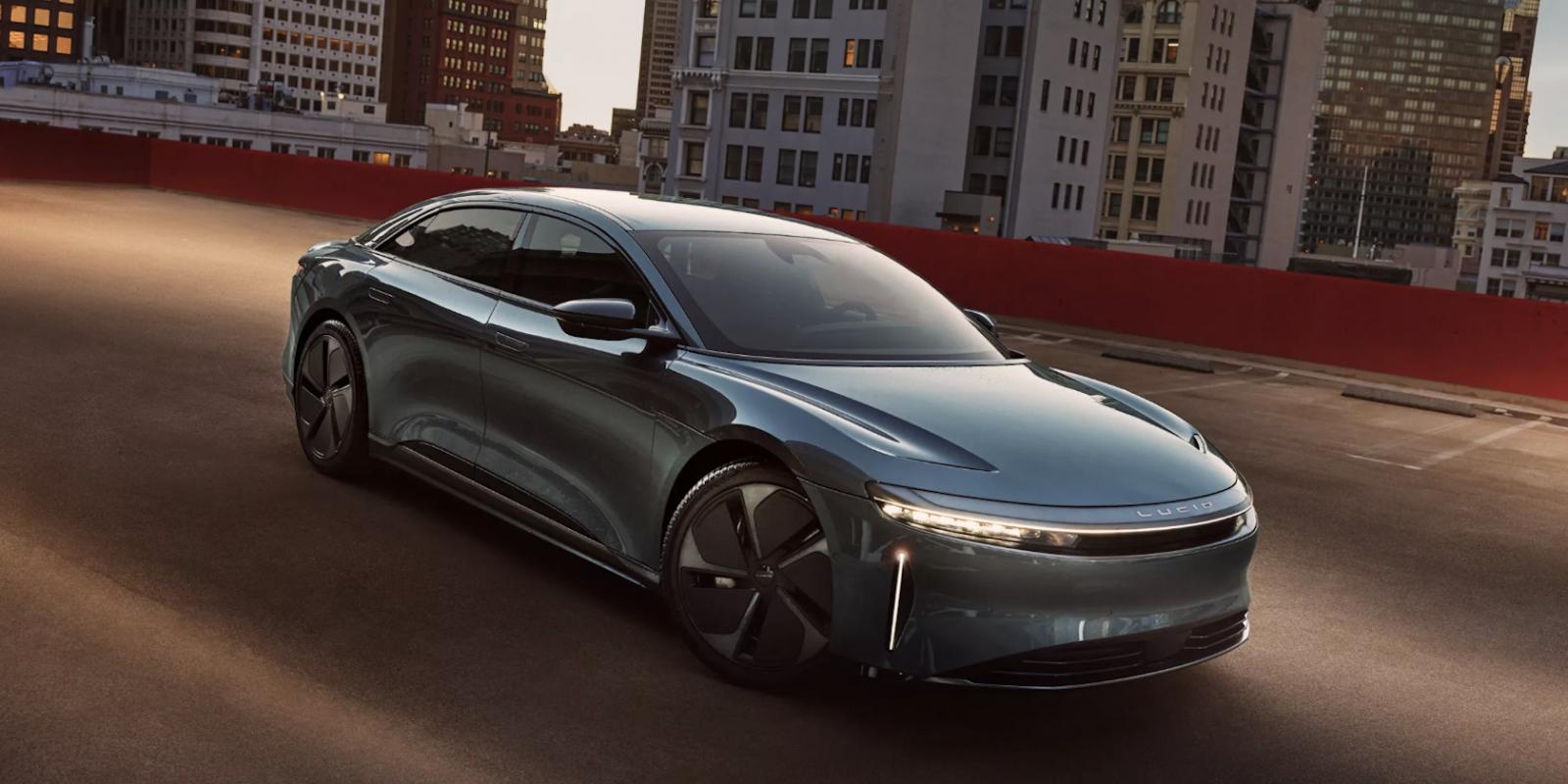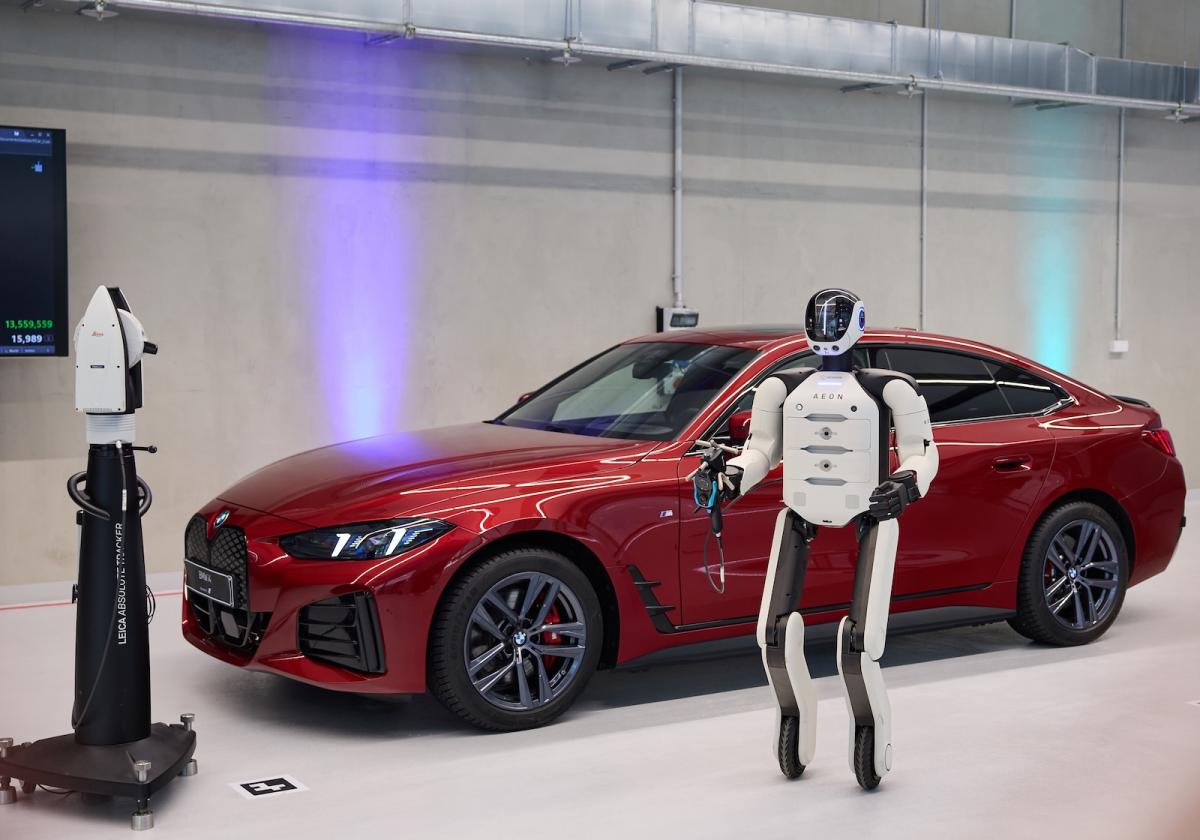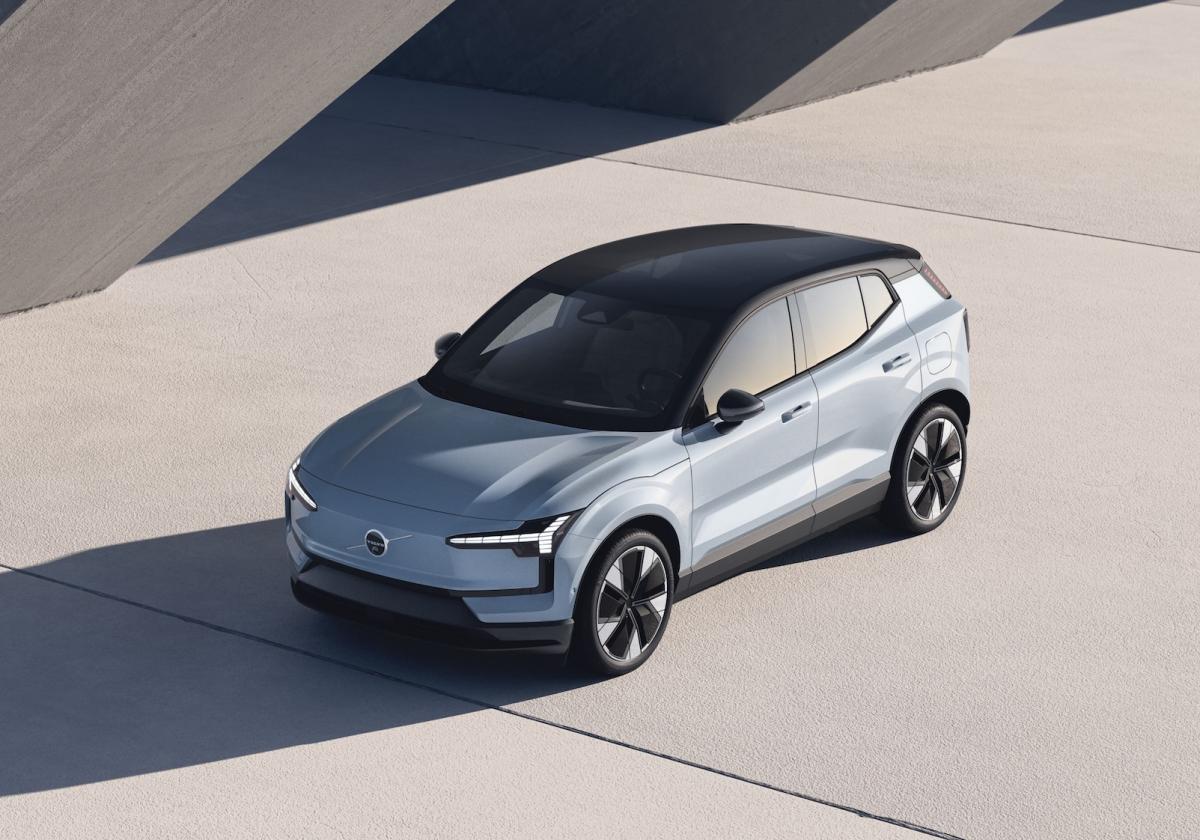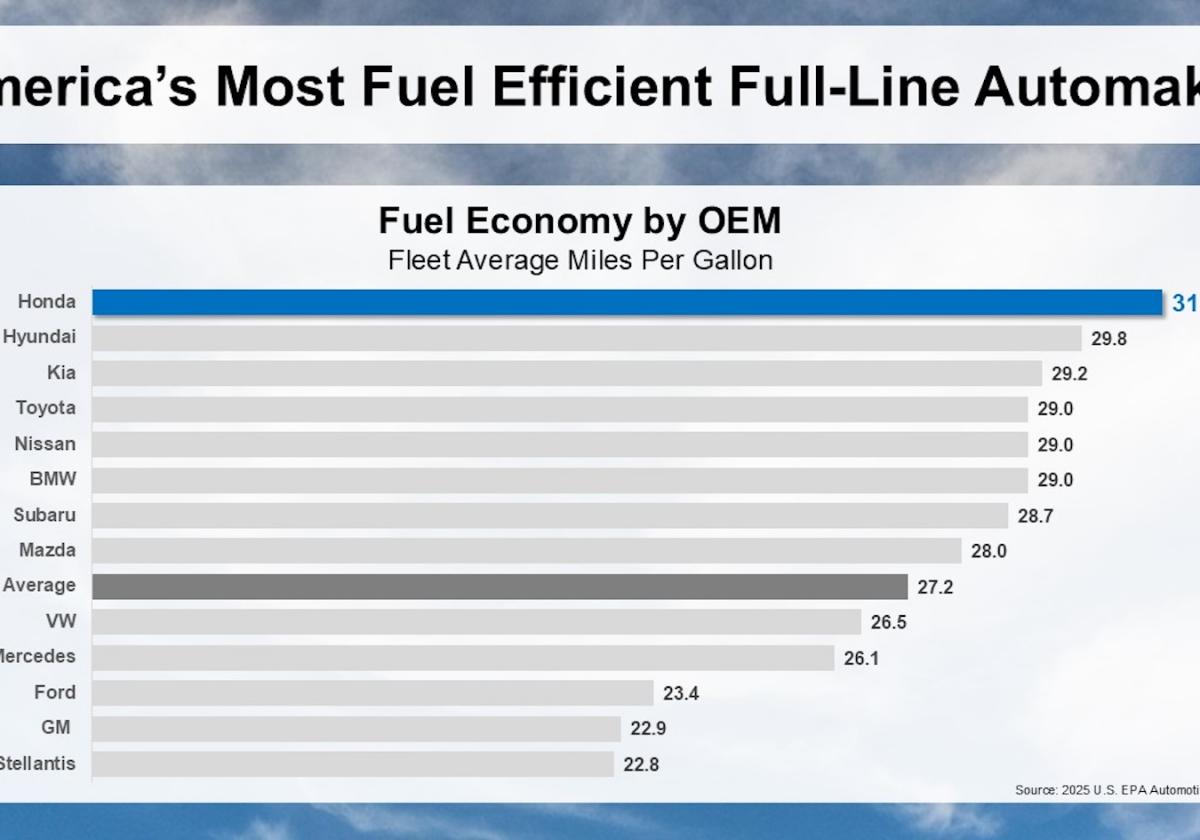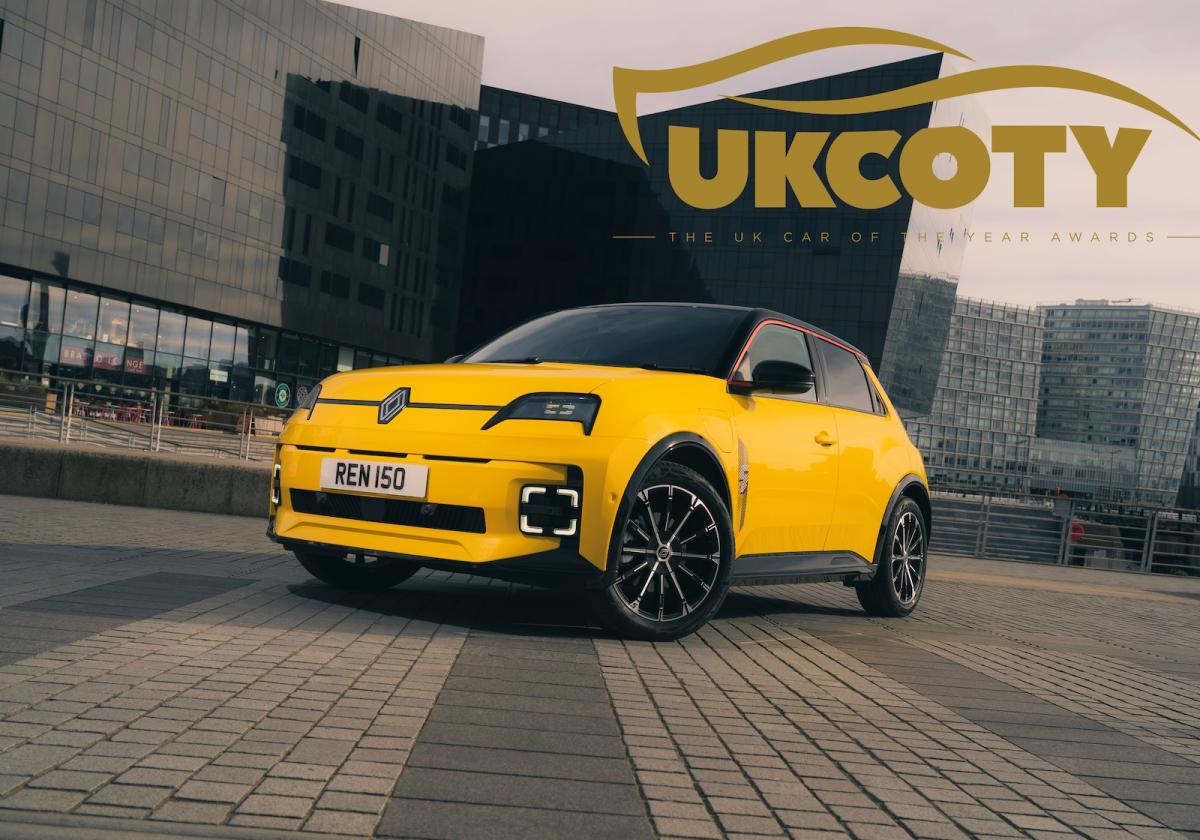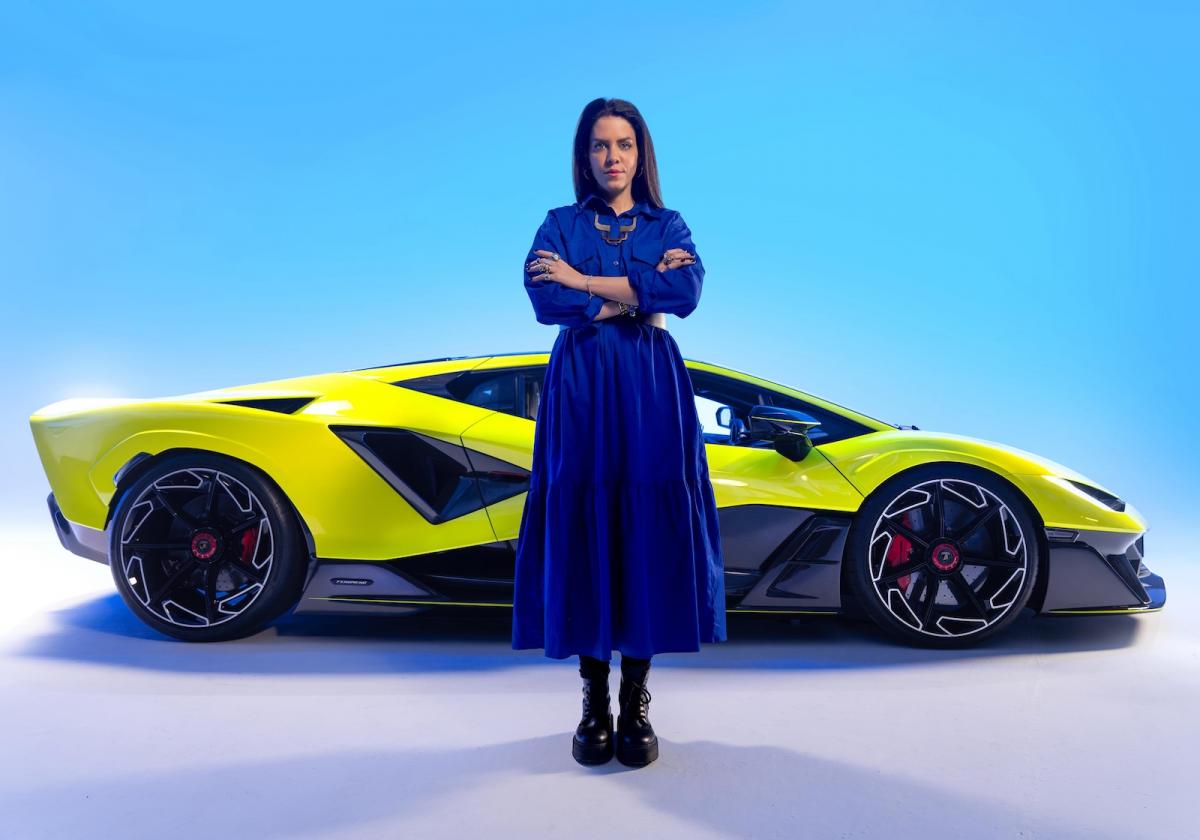The Biden administration has just thrown a lifeline to the struggling auto industry. It is giving automakers and suppliers nearly $2 billion to save car plants that are shuttered or at-risk of going out of business, but only if they convert them to serve the electric vehicle market.
The money, which comes via the 2022 Climate Law is among the White House’s most direct attempts to fuse manufacturing and climate policies.

And it can’t be untethered from politics — some of the 11 facilities are in swing states, including Pennsylvania and Michigan.
This week, the Department of Energy (DOE) officials unveiled preliminary decisions to provide a combined $1.7 billion to help with EV conversions and retooling projects across eight states for making EVs and related components.
“This announcement is a hallmark of the Biden administration’s industrial strategy, which is aiming to bring manufacturing and jobs back to America after years of offshoring,” Energy Secretary Jennifer Granholm told reporters.
Recipients include GM, Stellantis, Volvo and Harley-Davidson, plus suppliers like American Auto Parts. Recipients include GM, Stellantis, Volvo, Harley-Davidson and suppliers like American Auto Parts. Officials said it would ensure over 15,000 union workers retain positions, and create roughly 3,000 new jobs.
Officials say the plan would enable production of over 1 million “electrified” (a term referring to EVs, hybrids, PHEVs and fuel cell cars) light-duty vehicles and over 40,000 electrified trucks and buses annually.
Some of the nineproposed “domestic manufacturing conversion grants” that DOE unveiled include $500 million for GM to convert a Michigan site for EV production, $335 million to help Stellantis — parent to Jeep, Chrysler and others — to convert an idled Illinois plant into an EV factory, $75 million for engine maker Cummins to manufacture “zero emissions components” Indiana, and around $80 million for school bus company Blue Bird to convert a Georgia factory to make electric models.
CARLIST THOUGHTS
Convicted felon and presumptive Republican nominee Donald Trump is hostile to EVs, calling them out of step with consumer interests. So it’s not clear how much the election results might affect Biden’s plans to save struggling sectors of the car industry or funding progressions, if Trump were to win.

